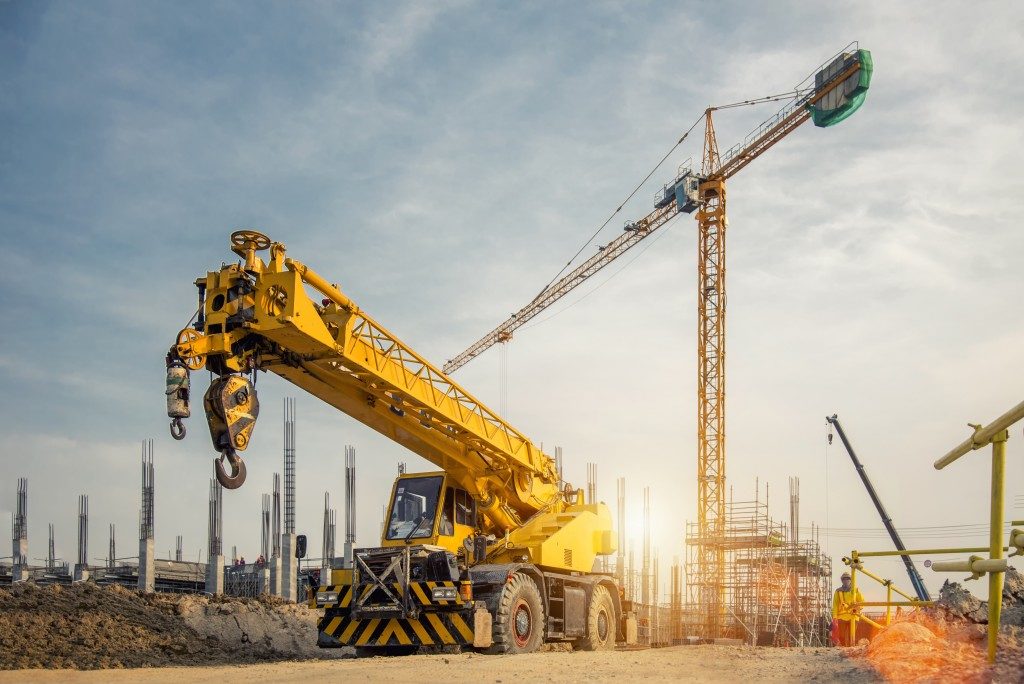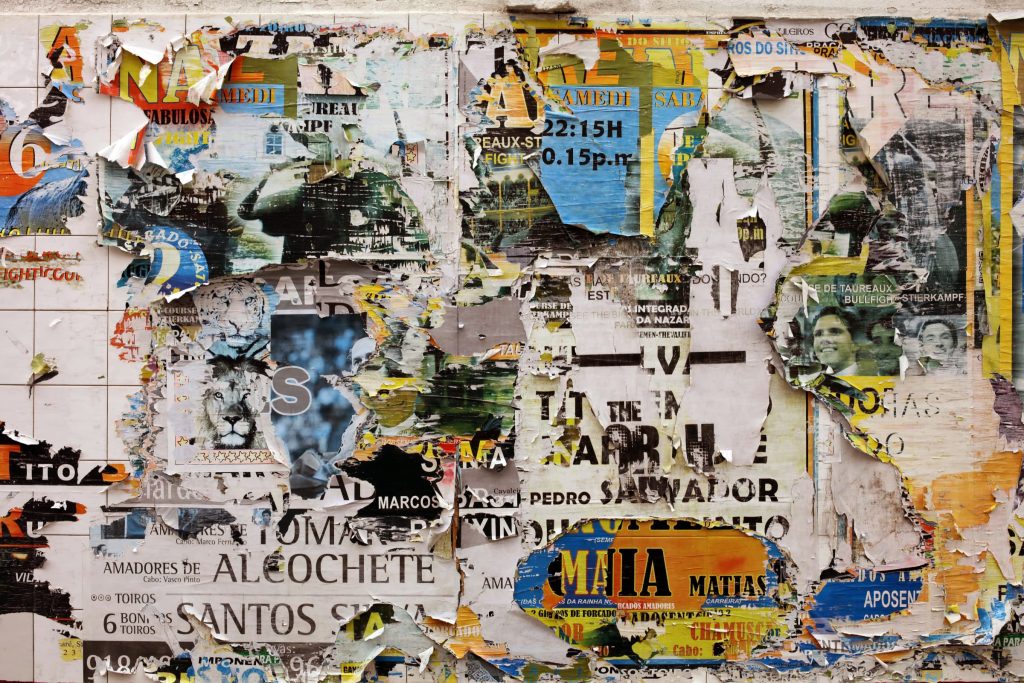Heavy plant and equipment are vital for Australia’s booming construction industry. Machines such as cranes, bulldozers and backhoe loaders help workers complete heavy-duty tasks quicker and with minimised risk.
Although the plant can cut costs and improve production times, maintaining machinery is also expensive. As a site manager, do you decide to buy or rent for a certain period?
Purchasing and renting machinery both have pros and cons. Buying equipment may be a one-time financial burden, but depending on the size of a project, or the number of contracts, the return of investment may outweigh the cost of renting. For smaller contracts, shorter timeframes and specialised tasks, It may be more affordable and financially savvy to hire equipment for welding, excavations, lifting and other construction activities.
Whether you’re anticipating big contracts, expanding your company’s capabilities or replacing your current equipment, there are several factors to consider when it comes to acquiring machinery.
Financial Impact on Business
The first question to ask during the decision-making process is whether your company has enough capital. Review your current financial situation and forecast your costs over several months for both purchase and rent costs and the effects on your company’s cash flow and long term expenses. If the company currently lacks the financial capital for a large purchase, consider renting.
Equipment Utilisation
Another factor to consider is how often you’ll be using the equipment. If you’re renting a machine that is unused for long periods on a job site, you’re wasting money that you could have used to buy.
To predict the rate of utilisation, calculate the planned production time over the total number of working days. If the equipment has a utilisation rate of 60 per cent and above, companies should consider purchasing equipment. Alternatively, renting is a more feasible method if the rate is less than 40 per cent.
Job Frequency and Project Length

The amount of jobs you’ve lined up is also a factor. If a contract is short term, it makes more sense to rent. Consider purchasing machines if you’re working on a project that will last for over six months or if you have several jobs lined up. For multi-purpose pieces of equipment, it’s often better to purchase them, as they have a greater chance of being used during the different projects.
Equipment Management and Inventory Control
Buying can be cost-effective in the long term, but it adds administrative tasks and overhead costs along the way. Consider additional costs for maintenance, spare parts and storage when you’re deciding to buy equipment. Also, determine if you have enough employees to handle machinery maintenance, or if you will need to outsource.
Depreciation and Resale Value
Research on different brands and models before you decide to buy the construction equipment you need. Some have a better resale value than others and will be a better investment. Choosing the right machinery based on annual depreciation and resale value might be the financial difference that helps you decide whether to rent or buy.
There are several factors to consider when it comes to deciding whether to purchase or rent construction equipment. Depending on the needs of your business and projects, one option will be more viable than the other. Take the time to weigh the pros and cons of each method and see which one will not only save you money but also keep you ahead of the competition.




